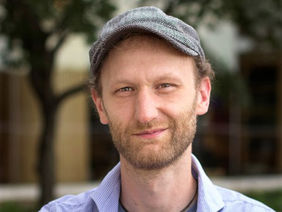Many modern human diseases result from maladaptive responses to new environments. One of the causes for the increase in autoimmune disorders, for example, has been suggested to be the recent reduction of parasite diversity in modern human populations.
Peuß and his research group use the cavefish Astyanax mexicanus to understand how the loss of biodiversity (i.e., parasite diversity, a hallmark of adaptation to the darkness in the cave), influences the evolutionary trajectory of the vertebrate host immune system. Using an image-based immune cell phenotyping approach and single-cell RNA sequencing, the research group identified a shift in the overall immune cell composition in cavefish. This is the underlying cellular mechanism associated with altered immune responses. Their data indicate that the sensitive immune system in cavefish is compensated by a reduction of the immune cells that play a role in mediating the proinflammatory response.
The findings reveal that cavefish are an effective model system to study the impact of parasite diversity on the evolution of the vertebrate immune system.
Robert Peuß is a senior lecturer at the Institute for Evolution and Biodiversity, University of Münster and part of the research group “Animal Evolutionary Ecology”.
Title of the talk: Dark World Rises: The Evolution of Host immunity from a Cavefish Perspective
When: Friday, November 18, 2022, 10 a.m.
Where: Seminar room „Nucleus“, main building (FLI 1), Beutenbergstraße 11, Jena
Host: Dario R. Valenzano (Research Group Evolutionary Biology / Microbiome-Host Interactions in Aging)
If you would like to attend the seminar in person, no registration is needed. However, please note, that we recommend wearing a face mask during the talk.









